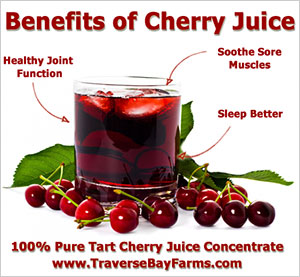How Vitamins Work
In your body, proteins, carbohydrates, and fats combine with other substances to yield energy and build tissues. These chemical reactions are catalyzed, or accelerated, by enzymes produced from specific vitamins, and they take place in specific parts of the body.
The vitamins needed by humans are divided into two categories: water-soluble vitamins (the B vitamins and vitamin C) and fat-soluble vitamins (A, D, E, and K). The water-soluble vitamins are absorbed by the intestine and carried by the circulatory system to the specific tissues where they will be put into use. The B vitamins act as coenzymes, compounds that unite with a protein component called an apoenzyme to form an active enzyme. The enzyme then acts as a catalyst in the chemical reactions that transfer energy from the basic food elements to the body. It is not known whether vitamin C acts as a coenzyme.
When a person takes in more water-soluble vitamins than are needed, small amounts are stored in body tissue, but most of the excess is excreted in urine. Because water-soluble vitamins are not stored in the body in appreciable amounts, a daily supply is essential to prevent depletion (learn about daily vitamin requirements).
Fat-soluble vitamins seem to have highly specialized functions. The intestine absorbs fat-soluble vitamins, and the lymph system carries these vitamins to the different parts of the body. Fat-soluble vitamins are involved in maintaining the structure of cell membranes. It is also believed that fat-soluble vitamins are responsible for the synthesis of certain enzymes.
The body can store larger amounts of fat-soluble vitamins than of water-soluble vitamins. The liver provides the chief storage tissue for vitamins A and D, while vitamin E is stored in body fat and to a lesser extent in reproductive organs. Relatively little vitamin K is stored. Excessive intake of fat-soluble vitamins, particularly vitamins A and D, can lead to toxic levels in the body.
Many vitamins work together to regulate several processes within the body. A lack of vitamins or a diet that does not provide adequate amounts of certain vitamins can upset the body's internal balance or block one or more metabolic reactions.

Freebies & Discount Codes
Find out freebies and coupons for savings on health products available on the Web












